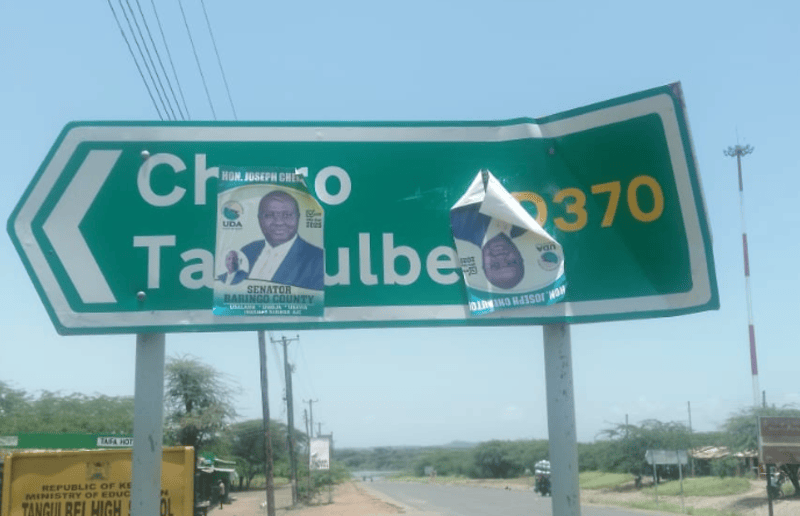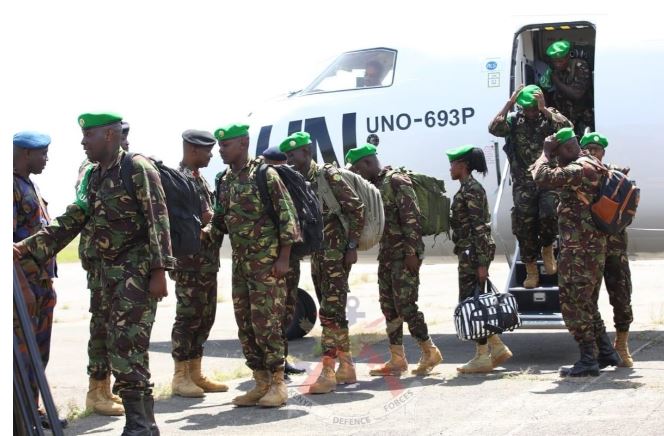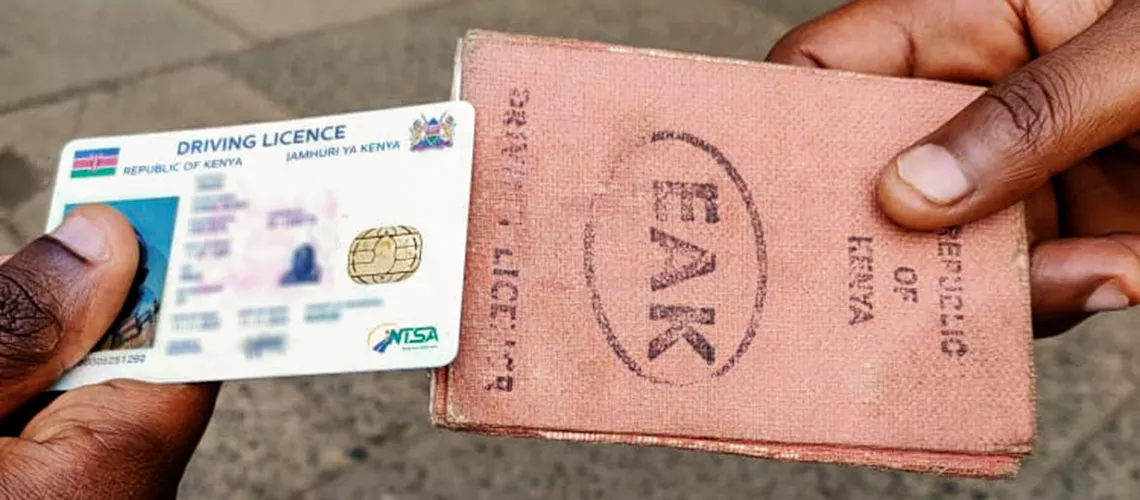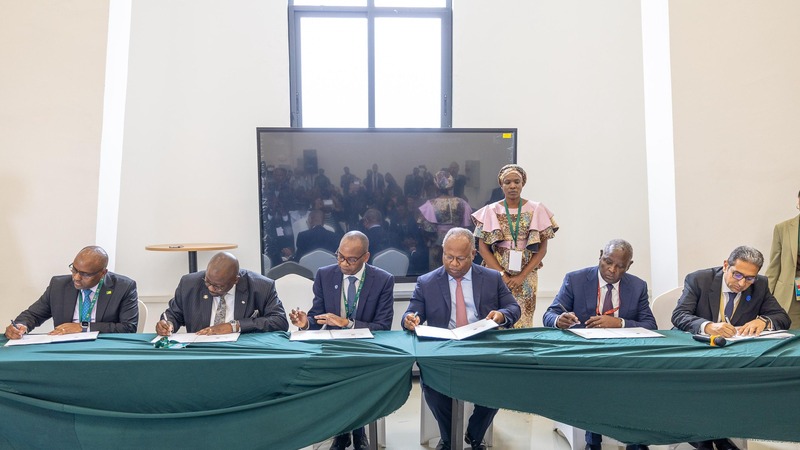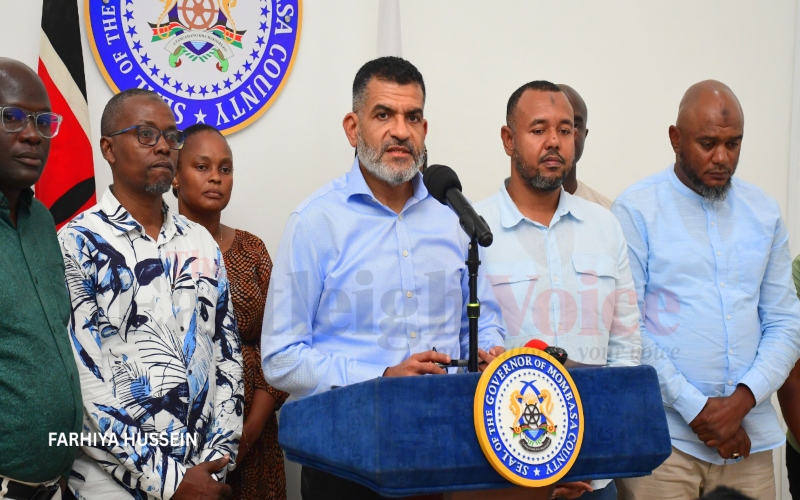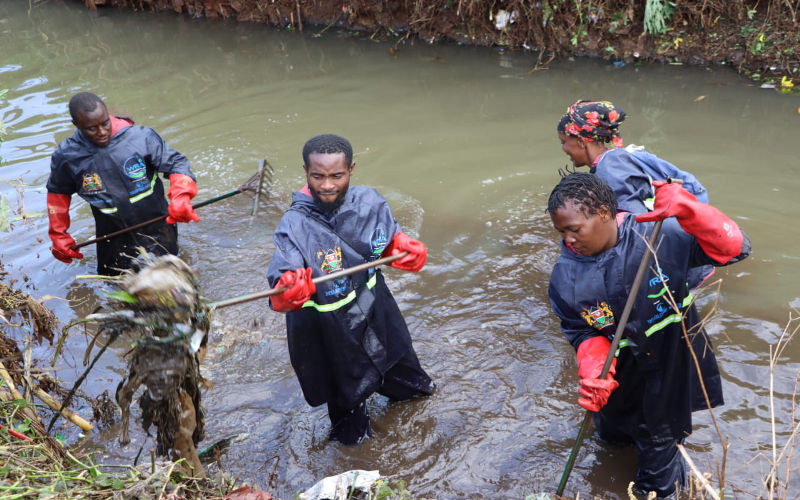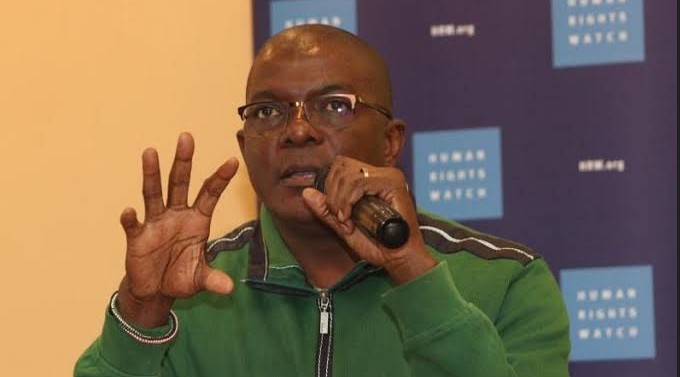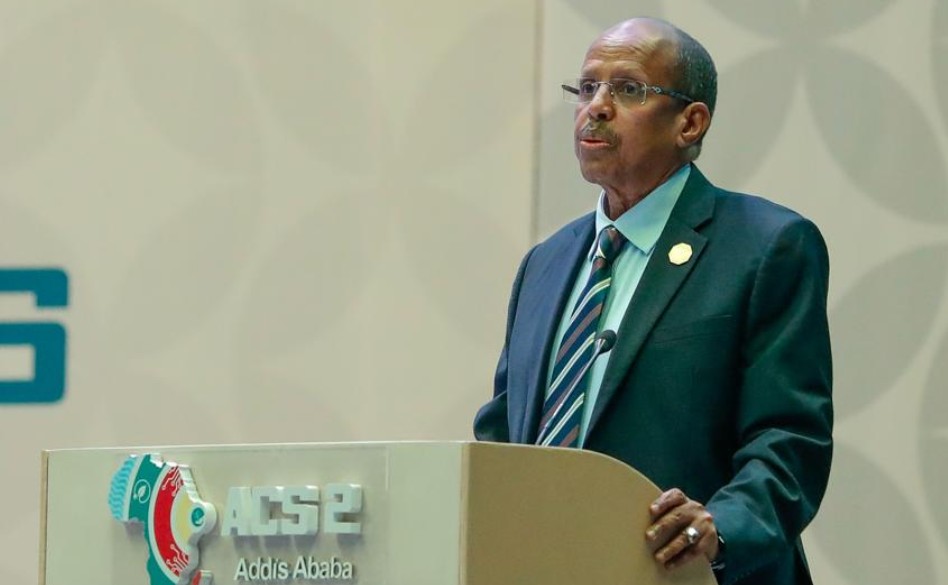KISMA: Poor coordination between state agencies fuelling infrastructure vandalism in Nairobi
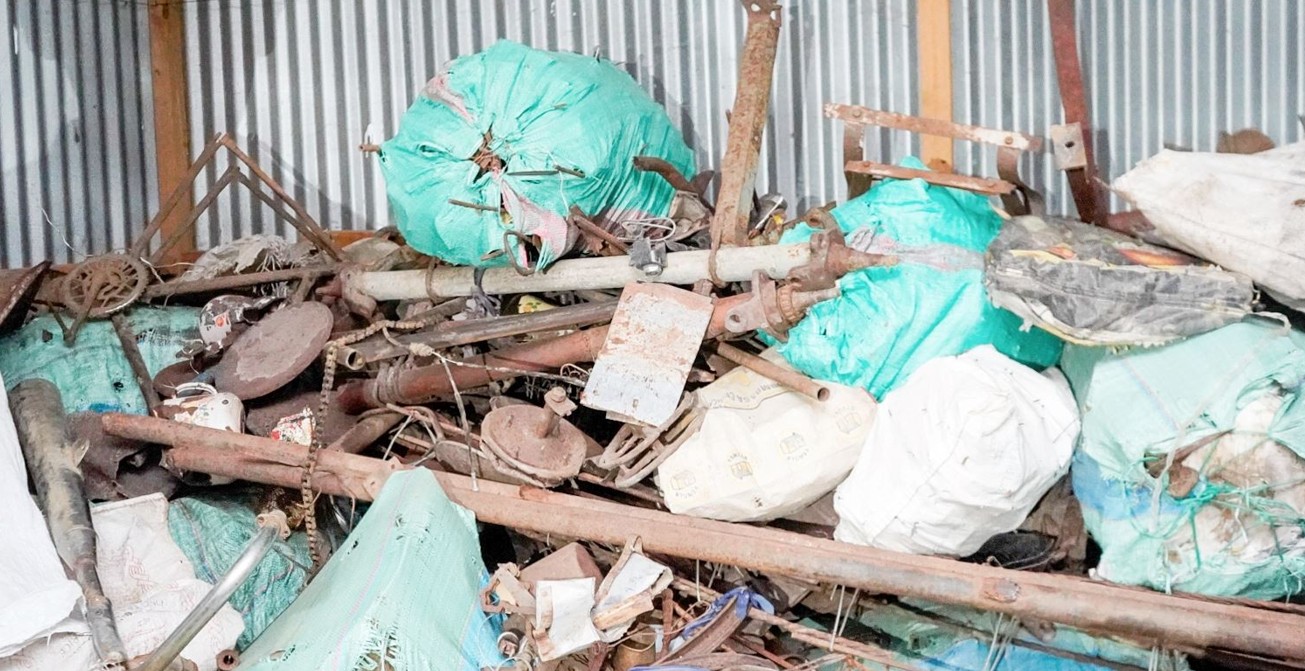
To curb vandalism, Irshad urged KeNHA to consider using non-metal alternatives for road barriers, similar to Kenya Power's shift to concrete poles.
Cases of infrastructure vandalism are on the rise in Nairobi, with thieves targeting road barriers, railings, and manhole covers in broad daylight.
Major roads, including Outer Ring Road, Mombasa Road, Jogoo Road, and Thika Road, have become hotspots for theft, exposing pedestrians and motorists to serious risks.
More To Read
- KeNHA warns politicians against placing campaign posters on road signs, say offenders face Sh85,000 fine
- Motorists urged to exercise caution as fresh cracks appear on repaired Nakuru–Eldoret Highway
- Penalties on pending bills surge by Sh3.7 billion, hitting Sh25.28 billion
- Mombasa earns global praise for road safety, bags bronze in BIGRS speed challenge
- Indiscipline to blame for Nairobi–Nakuru Highway gridlock, says KeNHA
- Traffic chaos in Mombasa after KeNHA closed Makupa–Changamwe section for road works
Despite the escalating problem, weak coordination between law enforcement agencies and the Kenya National Highways Authority (KeNHA) is being blamed for allowing criminals to act with impunity.
Kenya Iron and Scrap Metal Association (KISMA) Secretary-General Irshad Sumra said poor communication and delayed action from both the police and KeNHA were fuelling the trend.
"I blame KeNHA because when accidents occur, broken metal pieces remain unattended, making them easy targets for theft. The people cutting and stealing these items are not scrap dealers," he said.
"It is the duty of the nearest police station to report such incidents to KeNHA or secure the materials before they are stolen. People are hungry, they will steal — but that doesn't mean I support it," Sumra added.
To curb vandalism, Irshad urged KeNHA to consider using non-metal alternatives for road barriers, similar to Kenya Power's shift to concrete poles.
"If they can find something other than steel for the barriers, like concrete or plastic, then vandalism will go down. But if you use metals and they do not have any government markings from KeNHA, what do you expect? So I want to tell KeNHA that next time they put hardware, they should look for something else that cannot be stolen," he said.
While stolen materials often end up with scrap metal dealers or jua kali artisans, KISMA has distanced itself from involvement in vandalism.
The association maintains that its licensed members do not deal in government-marked materials.
"We have had meetings with our members. They will not buy items that belong to the government. Any member who is registered or licensed as a scrap metal dealer who is caught buying vandalised scrap, we as the scrap metal association will be at the forefront to make sure that this person faces the law or goes to jail," Sumra said.
The ongoing theft of critical infrastructure has raised the alarm among road users.
Top Stories Today

